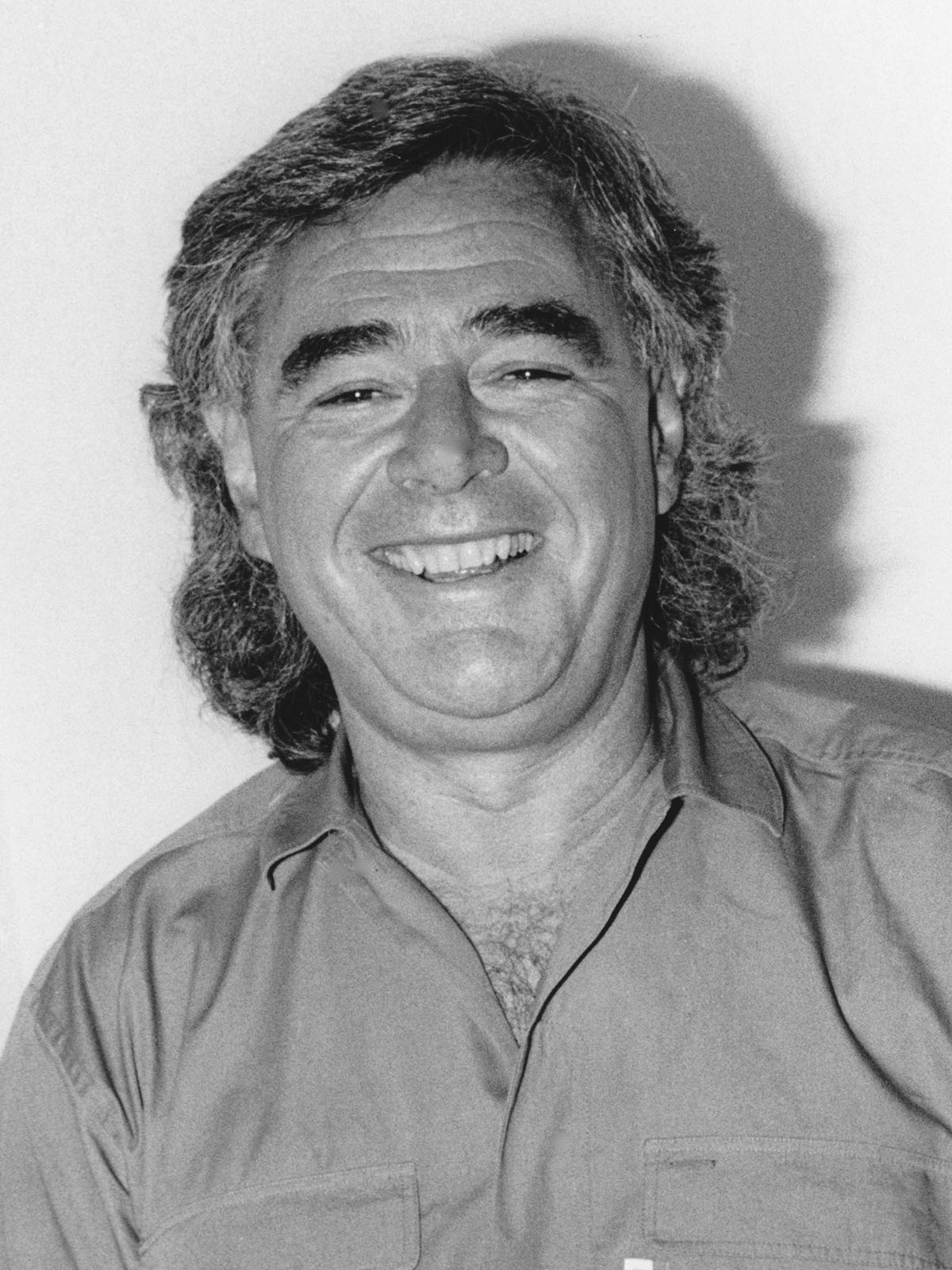
- Golden Globe Awards
Out of the Archives: Remembering Richard Donner, Action Master, 1930-2021
In 1978 Richard Donner directed Superman with Christopher Reeve as the Man of Steel. He said about working with Marlon Brando as Jor-El: “I obviously had prepared myself for the battle of a lifetime, because I’d heard so much about the problems one has with Brando, but it was just the opposite, I never had one moment of trouble with him. As a matter of fact, he had a great sense of humor and a good attitude, he never said no and he was never late.”
“I love happy endings, romantic comedies and human stories. I loved the baseball picture Field of Dreams with Kevin Costner, It’s a Wonderful Life by Frank Capra, Sullivan’s Travels by Preston Sturges. There are a lot of beautiful films out there. Having done a definitive Superman, I’m dying to see Batman by Tim Burton, because these are the heroes we were brought up on here in the U.S., and they work universally for children of all ages.”
“Ladyhawke had its own sense of reality. I’m a realist, not an abstractionist, in my appreciation of art, I have to see it. It was the favorite love story I ever made in my life, and it became my love story because I married the producer who happened to be a woman (Lauren Schuler). We had this wonderful love affair traveling all over Italy to the greatest locations, like Positano on the Amalfi Coast. Italy is a very romantic country.”
The director loved working with Mel Gibson and Danny Glover in Lethal Weapon (1987) and three sequels: “It was a day on the beach. They’re wonderful guys and the two most compatible actors I have worked with. There was never a day, never a moment on these pictures where there wasn’t a smile from Mel and Danny, and whatever you wanted they gave it to you. Together they are an incredible combination, they are magic and a true delight.”
“I don’t think (Lethal Weapon) is violent. It’s action-packed, and to me, there is a difference. This is a bigger-than-life piece of entertainment, but there is no gratuitous violence, I don’t like blood and gore. It’s silly, it’s fun, and we are certainly not telling it as reality. When you see true violence in a film that is a quasi-dramatic-documentary, then you are being forced to realize that it’s a reality.”
“We are illusionists and the magic of the industry is that you can create laughter and humor, love affairs and action. And in my eyes, I wouldn’t jeopardize anybody or anything to make a movie. You can do it with lenses and with editing, with optical effects and trickery. At no time whatsoever were any of the actors ever in true jeopardy, the prime function is safety.”
About making the villains South African drug dealers in Lethal Weapon 2 (1989), he said: “I know that the South African authorities have made a protest to the United States government. They said that now that we don’t have Russia to knock around anymore, we’ve decided to pick on the South Africans. I picked on the South African philosophy of government, but certainly not the South African people because there’s a great deal of them fighting for the same cause. I have always believed in anti-Apartheid, so I thought we could sneak in something about that under the guise of entertainment.”
“My mother is American, my father was German, born in Russia, he was a furniture maker of hand-carved, individual pieces. My mother’s cousin was the black sheep of the family, during the war he put on these wonderful musical shows for the military, and then he would travel all over the United States raising money. I became a drum boy with Amy Arnell and Tommy Tucker, some of the old great singers. So I got a taste of showbiz and I loved it.”

